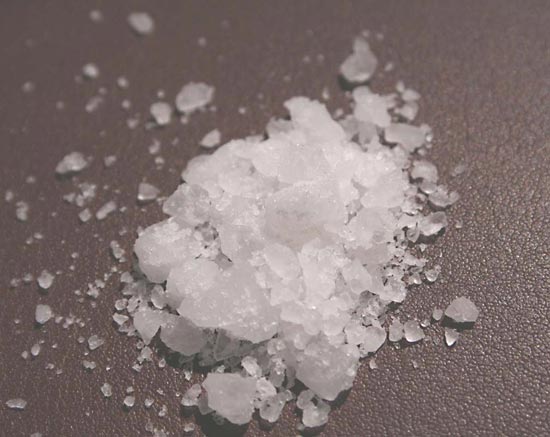By Al-Mustapha A. Mustapha
The Federal Government has announced plans to cut sodium levels in packaged foods by 30 per cent by 2025 as part of efforts to address the growing burden of hypertension and diet-related diseases in the country.
Dr Salma Ibrahim Anas, Special Adviser to the President on Health and Policy Champion for Sodium Reduction, said this during a press briefing at the presidential villa to mark the 2025 World Food Day in Abuja.
SPONSOR AD
She said the move, in line with World Health Organization (WHO) standards, was part of ongoing health reforms under the Renewed Hope Agenda.
“The Federal Government, through the Ministry of Health and Social Welfare and NAFDAC, has developed a draft Sodium Reduction Regulation and a Front-of-Pack Labelling Framework to help Nigerians make informed food choices,” she said.
She added that excessive sodium intake is the major factor driving hypertension, heart disease and stroke across the country.
Anas explained that more than 35 percent of Nigerian adults were living with high blood pressure linked to salt intake above the WHO-recommended limit of five grams per day.
She noted that reducing sodium consumption would improve public health and reduce the cost of treating preventable diseases.
“Our goal is that every Nigerian should be able to see, know and choose healthier food options,” she said.
Dr Jerome Mafeni, Technical Lead of the Network for Health Equity and Development (NHED), said the draft sodium regulation and the proposed Front-of-Pack Labelling policy were key steps to improving nutrition and preventing non-communicable diseases.
“These two policies work together, one limits salt levels in processed foods, while the other gives consumers clearer information to make better choices,” he said.
Mafeni added that similar measures in other countries had led to measurable reductions in salt consumption and better public awareness.
He noted that poor diets reduced productivity and increased household health expenses, stressing that sodium reduction was a national development concern.
The World Health Organization’s representative, Dr Mya Sapal Ngon, said the agency supported Nigeria’s sodium reduction plan and urged continuous action on food regulation.
Ngon said the WHO would continue to assist Nigeria in implementing and monitoring policies that promote healthy diets.
She added that the media had a critical role in informing the public about the risks of excessive sodium intake and the benefits of clearer food labelling.
Anas said the Presidency would continue coordinating with ministries, regulators and development partners to strengthen health protection measures.
“Protecting the health of Nigerians is protecting the country’s future,” she said.







